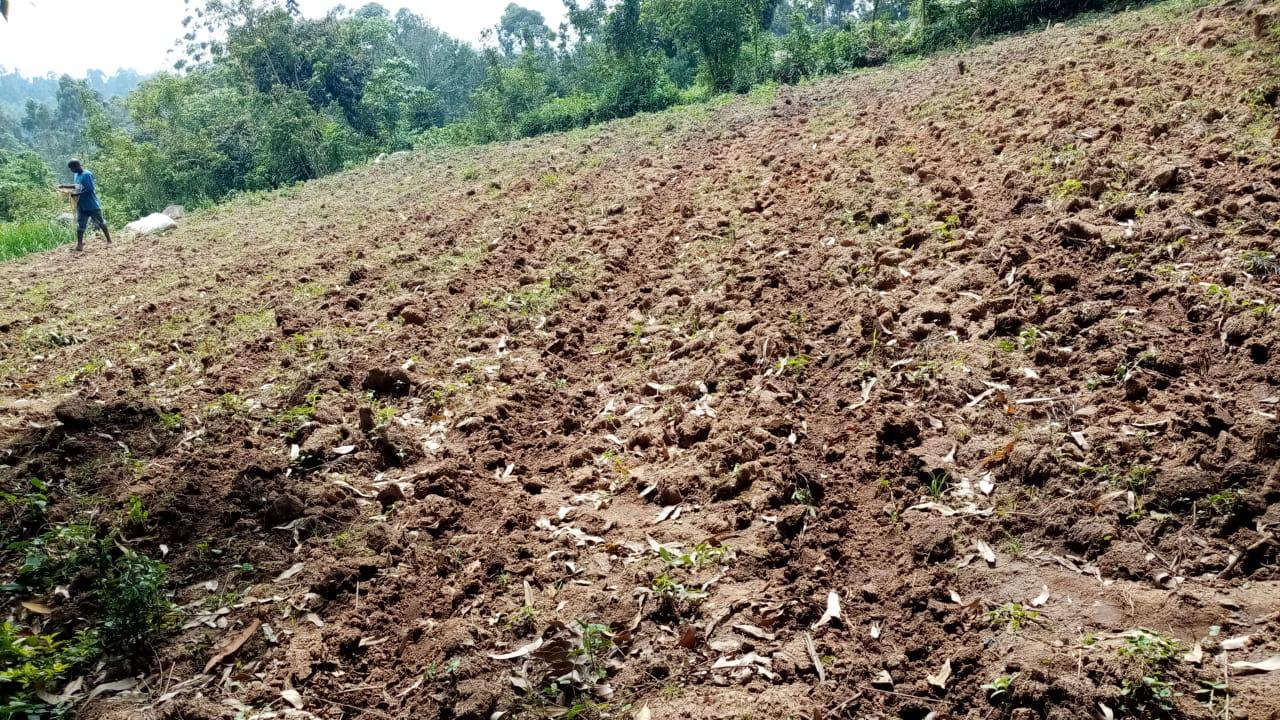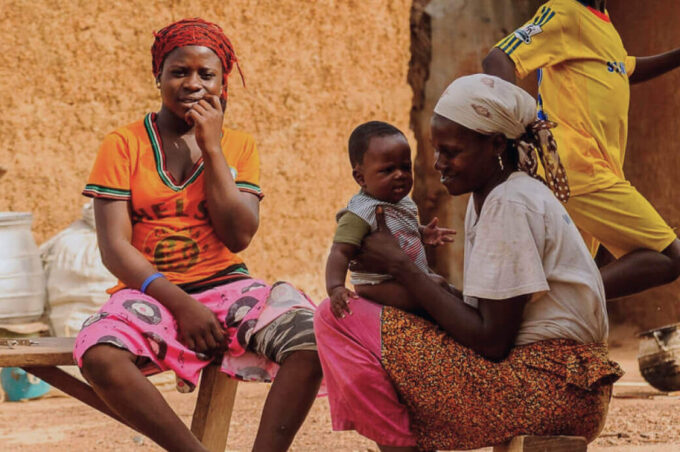At our piece of land in the green region of Kakamega, we engage in small-scale farming as part of our commitment to sustainability, food security, and community development. Our farm produces a variety of crops and supports local agricultural practices that respect the environment and promote healthy living.
In the future, we aim to acquire atleast enough piece of land that can fully sustain the needs of the children under our care. This expansion will help us grow more food, raise livestock, and create a self-sufficient environment for the children’s home.


The Power of Compassion
Small-scale maize farming in Kakamega, Kenya, plays a crucial role in the livelihoods of many rural households. The region’s favorable climate and fertile soils provide an ideal environment for maize cultivation, which is a staple food crop for the local population. Farmers typically rely on traditional farming methods, although there is a gradual adoption of improved seeds and modern agricultural practices to increase yields.

Innovation lies at the heart of many charity and nonprofit organizations, driving transformative solutions to some of the world’s most pressing challenges. These entities are at the forefront of driving innovation and fostering social change.
“Asali kutoka kwa ardhi yetu ni baraka kubwa, na tunathamini sana msaada wa kifedha uliotujia. Shukrani hizi zinaonyesha matumaini yetu mapya ya kukuza shamba letu na kuleta maendeleo kwa familia na jamii yetu.”
– Mkulima wa Kenya
Most farmers in Kakamega practice mixed farming, integrating maize with other crops and livestock to diversify income and enhance food security. Despite the potential, small-scale maize farmers face challenges such as limited access to quality seeds, inadequate extension services, pest and disease outbreaks, and fluctuating market prices. Efforts by local government and NGOs to provide training, subsidized inputs, and access to credit have helped some farmers improve productivity.
Furthermore, post-harvest handling remains a significant hurdle, with many farmers lacking proper storage facilities, leading to losses due to pests and spoilage. Initiatives promoting better storage techniques and value addition are gradually being introduced to boost farmers’ incomes and reduce wastage. Overall, maize farming in Kakamega continues to be a vital economic activity, with ongoing efforts to make it more sustainable and profitable for small-scale farmers.





I wanted to take a moment to commend you on the outstanding quality of your blog. Your dedication to excellence is evident in every aspect of your writing. Truly impressive!